Among foreigners who buy real estate in Croatia, Slovenians still dominate. In 2023, we invested in slightly less than 3,400 properties in Croatia, which is why we have prepared some of the most common questions and answers regarding the purchase of property in Croatia.
Where can we find information about the property?
The Croatian system of keeping records of real estate and related rights is based on two registers, namely the land register, which is maintained by municipal courts, and the cadastre of real estate, managed by the State Geodetic Administration. The exception is the city of Zagreb, for which the cadastre is managed by the City Office for Cadastre and Geodetic Activities.
What is the purchase process?
After viewing the property and successful negotiations, the sale contract is concluded and signed. For the sake of legal security and the protection of the buyer’s (and seller’s) interests, it is recommended to involve a lawyer or a real estate agency in the process. The next important step is the registration of the property right, a formal procedure that ensures the transfer of the property right to the property in question in the land register through a notary. Finally, the notary registers the purchase to the tax administration, and the buyer pays the property transaction tax, which completes the entire process.
What about the energy certificate?
Just like in Slovenia, there are certain exceptions in Croatia, but in principle, all properties larger than 50 m2 must have an energy certificate in case of sale.
What are the taxes?
When buying a new construction, value added tax is paid at the rate of 25%. When the buyer does not pay the before mentioned VAT, he must pay the property transaction tax in the amount of 3% of the market value of the real estate. In Croatia, the buyer is liable for property transaction tax.
It is also worth mentioning the tax on vacation homes and apartments, which according to Croatian law is any building, part of a building or apartment that is used occasionally or seasonally. It is an annual tax, the amount of which is determined by the city or municipality where the property is located, and can range from EUR 0.6 to EUR 5 per square meter. Around 50 cities or municipalities, especially on the Adriatic coast, have the highest possible taxation.
Is it possible to buy with a mortgage from a Slovenian bank?
In principle, Slovenian banks provide loans for the purchase of real estate in Croatia. At the same time, there are different forms of loan insurance; some require insurance with a mortgage on real estate in Slovenia.
Loans for the purchase of properties also enable Slovenian residents or all residents of EU member states who receive regular income in an EU member state to Croatian banks. It is therefore worth checking the financing conditions at several banks on both sides of the border.
What documents must be submitted by a foreign buyer?
Foreign buyers must submit proof of citizenship from their home country (identity card or passport or birth certificate, in original or photocopy, certified by a notary) and a decision on personal identification number (OIB) obtained in the Republic of Croatia. Both natural and legal persons obtain OIB by submitting a form to the Croatian Tax Administration (polinkaj na https://www.porezna-uprava.hr/HR_OIB/Stranice/DodjeljivanjeOIBa.aspx)
In Baza agency we offer a safe and carefree process of buying real estate in Croatia, so you are welcome to view our offer.
For more information or a consultation please contact us; Phone: 00386-40-626-131, E-mail: tajnistvo@bazarealestate.com.





